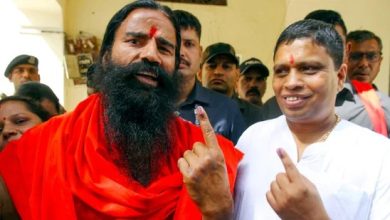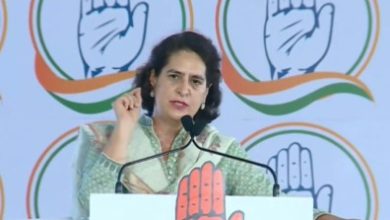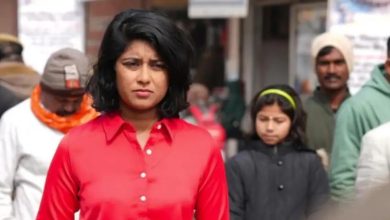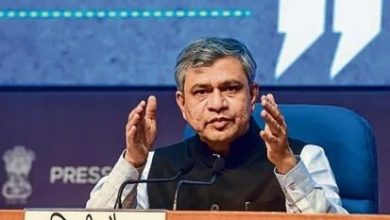Diverse Opposition – A Divided House
Akbar Khan
With the stardust yet to settle around the Congress for a largely unexpected, but spectacular win in the month long Lok Sabha elections, Opposition parties refusing to learn from the electoral drubbing, continued to remain divided houses on Monday.
Though, Bharatiya Janata Party stalwart LK Advani, retracting from an earlier stand, agreed to carry on as the Leader of Opposition in Parliament and the Communist Party of India – Marxist clarified that it would not seek party leader Prakash Karat’s resignation for the poll debacle. But indications suggest that winds of trouble are yet to blow over the two parties, as they remain firmly divided on reasons leading to the poll debacle.
The surprise victory, for Congress and its allies, has resulted in several claims being bandied about in the media. Some believe that the BJP losses may have been brought forth by the crash of the Third Front in its traditional bastions of West Bengal, Andhra Pradesh and Kerala, apart from the poor showing of the AIADMK in Tamil Nadu and the Mayawati-led BSP in Uttar Pradesh.
Surprisingly, the first to lament the failure of the alternative Third Front was BJP senior Arun Jaitley, his statements were a long way off from the party stand, which through the month long poll campaign had termed the Left-led alliance as a non-entity in Indian politics.
In first indications of cracks in the BJP, Jaitley, despite a key position in the party campaign committee, had stayed away from strategically significant meetings in the run-up to the polls, owing to differences with party president Rajnath Singh, which were later resolved.
The BJP search for possible reasons behind the poll setback has also focused on party leaders, who ignited a debate over Narendra Modi as the possible successor to Advani in the midst of the poll campaign.
Modi, along with Varun Gandhi also came in for stringent attacks from Janata Dal (United) leader Sharad Yadav, who said that pre-poll pronouncements of the young Gandhi along with the huge campaign responsibility vested in the Gujarat chief minister led to the setbacks suffered by BJP’s NDA allies.
Yadav’s claims find credence within the BJP, as some insiders imply that the party’s refusal to adopt a firm stand on Varun Gandhi’s alleged hate-speeches in Pilibhit led to confusion in its traditional voters.
Not, that confusion only prevailed in the BJP, the CPI-M was equally hit by the phenomena, as at least two senior party leaders, including West Bengal chief minister Buddhadeb Bhattacharya, had said that the Left amalgam could support a Congress government at the Center.
Buddha’s comments triggered trouble in the Third Front and added to the woes of party leader Prakash Karat, who was the ideological driving force behind the non-Congress, non-BJP alternative.
Though, Karat managed to keep most of his Third Front allies intact, Buddha’s comments came as a rude shock for the Left’s ideologically staunch voters, especially as Karat had repeatedly ruled out prospects of support to a Congress-led government, which it had withdrawn crucial outside support from, owing to differences over the Indo-US nuclear deal last year.
The split between Karat and Buddha showed no signs of subsiding on Monday, as media reports citing party insiders, said that Buddha would step down as WB CM latest by August.
As the BJP and CPI-M pore over electoral setbacks, the biggest challenge facing these political outfits is to retain their stalwarts and focus on assuming the role of the country’s most heterogeneous Opposition ever, failing which they would only strengthen the Congress – a party they love to hate.





